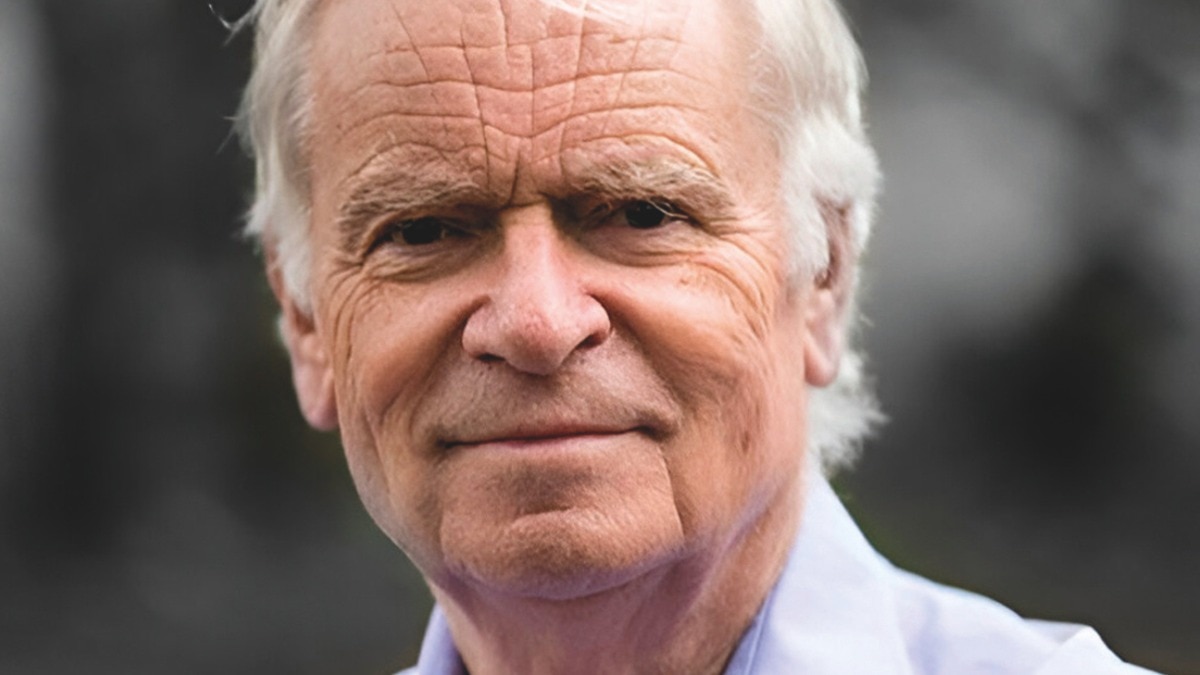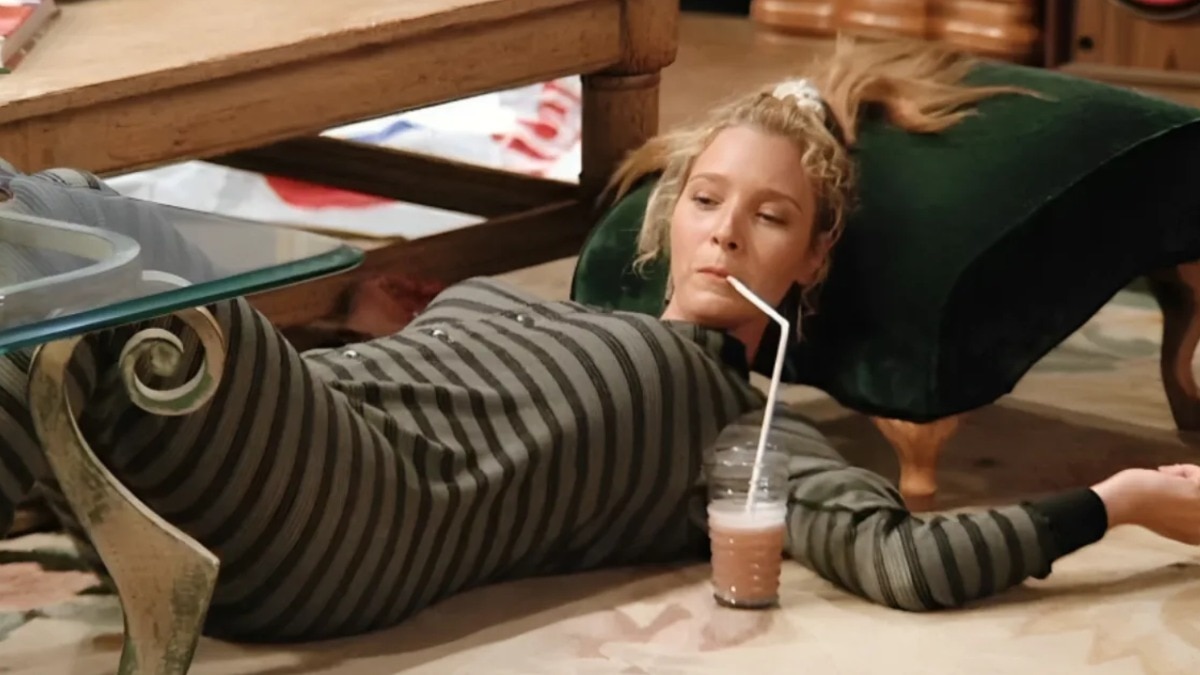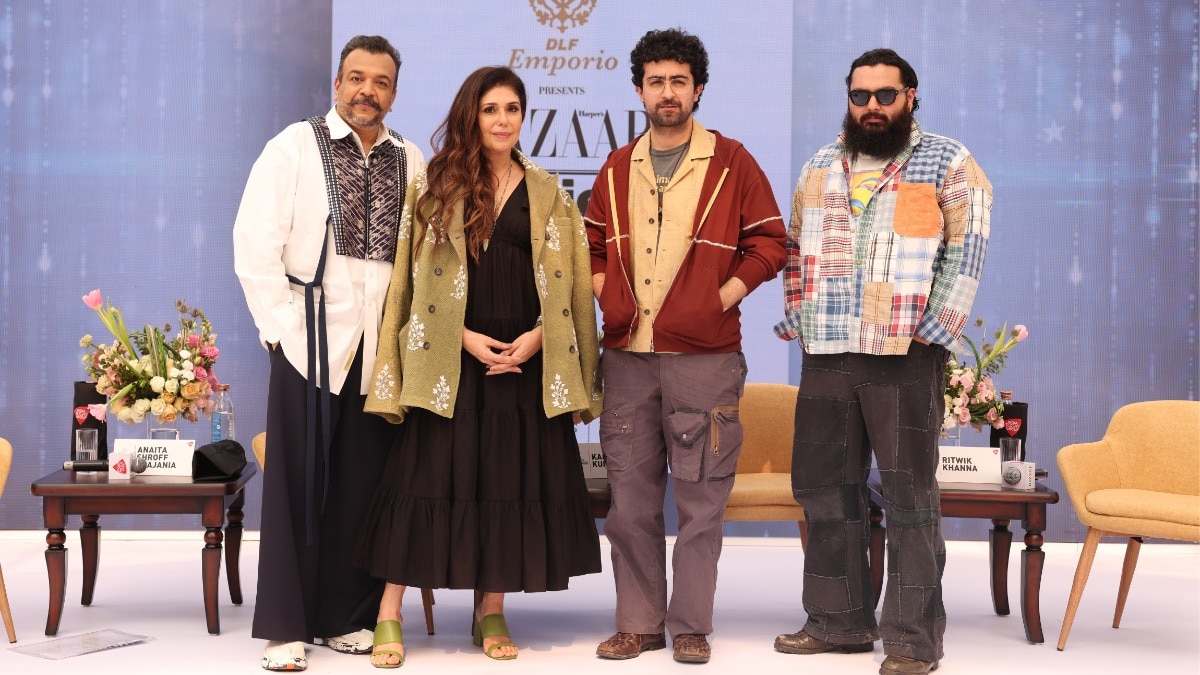
Jeffrey Archer reflects on four decades of storytelling, his creative process, and more
As the seventh William Warwick novel hits the shelves, the author reflects on what keeps him at the top of his game.


I can still smell my mum’s copy of The Eleventh Commandment on the bedside table. It is only a matter of time before pages catch moisture in Darjeeling, and with both mum and dad taking turns to read this (then) just released Jeffery Archer novel, it had enough time to breathe the musty smell into its spine. It is the first memory I have of my parents reading, and it fascinated me. What was it about the novel that made both of them read it? I remember picking it up, trying to put the words together (the year was 1999 and I was only seven), but everything about it—from its thickness to the serious orange-blue cover and the words I couldn’t do much with—seemed daunting, too serious for someone who was still getting the hang of Enid Blyton. But the feeling never left me.While my parents’ section of Jeffery Archer books on the shelf grew over the years, it became one that I never steered towards...until about a month ago, when my mum heard about his upcoming novel and got excited (to put it mildly). I had to, if just to connect with my mother, see what the hype was about, so I went back to the musty smell, but of Nothing Ventured, his first William Warwick adventure. To cut the long story short, I have now got the rest of the series shipped to Delhi.
To have managed to get a peek into the author’s mind so soon into becoming his reader was a dream, and one that had me taking notes.

Harper’s Bazaar: How has William Warwick evolved for you over the seven books?
Jeffery Archer: William Warwick has gone from being a constable in the Metropolitan Police to the point where in the final book (which I am currently working on) he will, or will not, become the Commissioner of the Metropolitan Police having been in charge of security for the 2012 Olympics.That book will be published in September next year.
HB: The latest, An Eye for an Eye, is set between the bustle of a luxury city and the tranquil Berkshire countryside. How do you find settings for your novels and what goes behind understanding the intricacies of each place?
JA: I always say to young writers, write what you know about. I live in London, am fascinated by politics and art, and my hobby is auctioneering, so they will all go into my books, because you have a better chance of succeeding if you have a real feeling for something that is part of your day-to-day life.
HB: Throughout the William Warwick series, how do you explore the concept of justice?
JA: I have the privilege of knowing several leading king’s counsels and solicitors, who seem to be delighted to tell me, without any names being mentioned, what they’re doing at the present moment, some of them so unbelievable that they can’t make the book.
HB: How do you balance the need for realism in police work with the demands of a gripping narrative?
JA: This is a very difficult question, because my two advisers—Chief Superintendent John Sutherland (murder squad, retired) and Detective Sergeant Michelle Roycroft (drugs squad and arts, and antiques, also retired)—are the people who read the book searching for mistakes, and by mistakes I mean something that a police officer wouldn’t be allowed to do.They are very tough on me, and often give me alternatives which won’t slow the story down. I’m very lucky to have two such professionals advising me.
HB: What about the historical contexts that you weave in? How do you pick and choose what to use and omit?
JA: What you mustn’t do is bore the readers.You may find some amazing historic facts that fascinate you and you are tempted to put it in the book, but if it slows the story down, you must dismiss it.Turning the page is the all-important thing.
HB: We’ve seen your writing hut, overlooking the waters. Can you describe its intricacies—what is on the desk, around you, the whys and whats of the chair, and how it has evolved from the first you had?
JA: My writing room, which as you rightly say, overlooks the sea, is set out, and has been set out, in the same way for more years than I can remember.The same desk, the same chair, the same pens, the same pencils, the same sharpener, the same rubber—I don’t like change.
HB: Who are some of your literary influences, and how have they shaped your writing style and thematic choices?
JA: Stefan Zweig, RK Narayan, and Daphne du Maurier are among my favourites.What they all have in common is the ability to combine fine writing with great storytelling.
HB: How do you think your audience’s expectations have changed over the years, and how do you adapt your writing to meet those evolving tastes?
JA: You cannot adapt to your audience’s expectations, otherwise I would have been writing sex novels, followed by horror stories, followed by fantasy, followed by heaven knows what. You must stick to what you feel good with and hope your readers will stay with you. I have been very lucky to survive 40 years.
HB: What does your typical writing day look like? How do you maintain discipline and creativity throughout the process?
JA: I wake up at 6am and write from 6am-8am, 10am-12pm, 2pm-4pm, and 6-8pm, and am very fortunate that the creative juices never stop flowing.
HB: What is the one learning as a writer that has stayed with you over the years?
JA: There is no substitute for hard work. I will have 14 drafts ready before a book is sent to the publisher, and that hasn’t changed even with 40 years of experience.
Lead image: Courtesy HarpersCollin India
This piece originally appeared in the December print edition of Harper's Bazaar India
Also read: Remembering Shyam Benegal, the auteur who brought humanity to Indian cinema
Also read: Japanese literature has healing powers—here are six books perfect for a cosy read this winter










